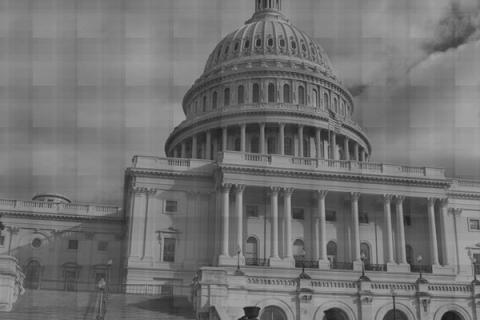Proposition 10 is hardly the giant paving stone on the road to energy independence which its proponents make it out to be. In fact, it doesn’t even belong on the road to hell, because the intentions behind it are so dubious at best. The plan is the brainchild of Texas oil man T. Boone Pickens, who only recently began gracing the airwaves with constant and apparently selfless advocacy for wind power. This bill makes it clear that his advocacy for wind was anything but selfless. According to the Los Angeles Times, most of the 5 billion dollars California would have to borrow to afford Proposition 10 would be dedicated to the production of types of vehicles which Pickens’s company, Seal Beach, specializes in creating.
While it’s certainly not impossible that Pickens hopes to both turn a profit and improve California’s standing in terms of alternative energy, this bill is so poorly constructed that it forecloses any other option. For one thing, the bill privileges certain forms of alternative energy over others, with seemingly no logic behind the choices other than arbitrary chance. According to the San Francisco Chronicle, the bill singles out natural gas for funding. But as the Chronicle also points out, natural gas is comparatively well-off compared with other forms of alternative energy, which are in their infancy and could surely use the money more. There is as of yet no explanation for this seemingly irrational choice on the part of the bill’s writers, and that is a hole which should give every voter pause, especially considering that one of T. Boone Pickens’s companies specializes in the production of natural gas.
This arbitrary selection of energy sources gets to a broader issue with Proposition 10 – in choosing to dictate which sources will receive these bonds, the bill implicitly places a limit on the extent to which energy innovation can take place. Natural gas, electricity and hydrogen are all valuable as alternatives, but singling them out as the only sorts of potential energy which deserve State funding will essentially mean that even if a more promising form of energy comes along, California will be deadlocked into the continual subsidization of inferior methods by Proposition 10. California’s residents can’t afford this sort of rigidity, especially at a time of such high national economic volatility, not to mention the fact that California’s budget is severely limited in the cash it can provide. T. Boone Pickens can gamble his own fortune on these methods if he thinks they will work; he doesn’t need the cash of California’s taxpayers.
